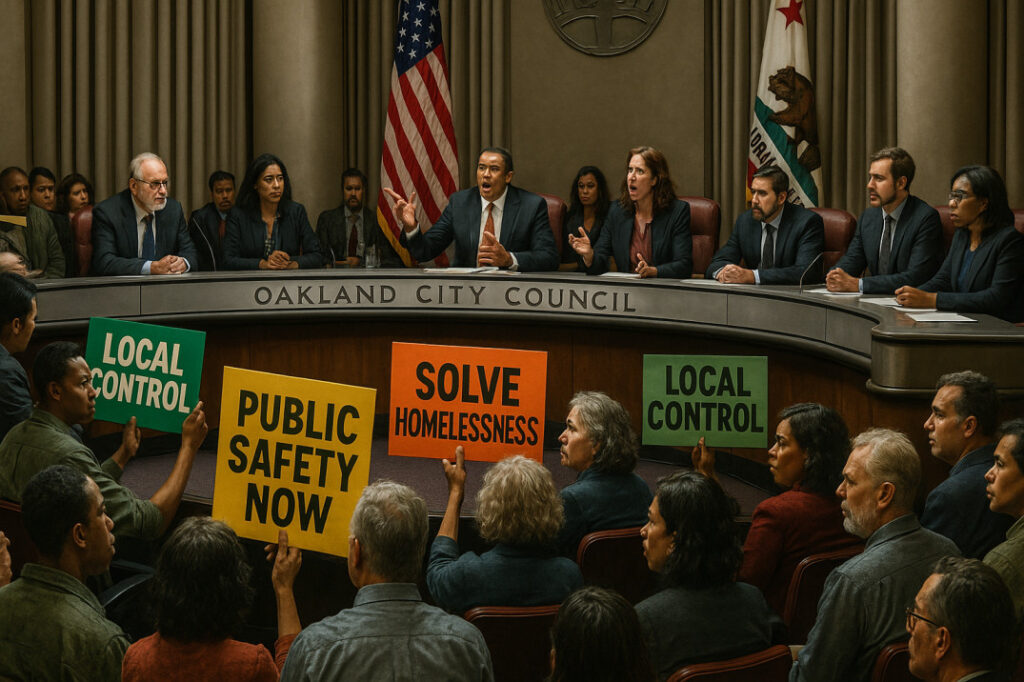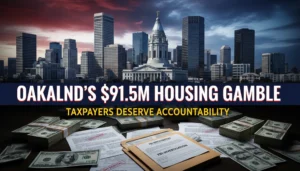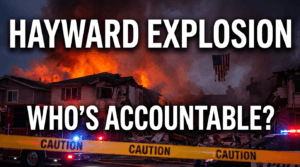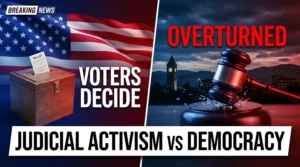Oakland City Council Developments: Local Control Versus Progressive Mandates


Oakland, California—a city long known for its vibrant culture, diversity, and political activism—now finds itself at a crossroads. Over the past week, the Oakland City Council has grappled with a series of pressing issues that reveal a growing divide not just among city leaders but also between the city and its residents. From contentious debates over public safety and homelessness to the question of local control versus state mandates, the council’s decisions are shaping the future of Oakland—and, by extension, the rest of Alameda County.
Crime and Public Safety: The Battle Over Policing
One of the most heated topics at recent council sessions has been public safety. Crime in Oakland, particularly violent crime and property crime, continues to be a chief concern for residents and businesses. Reports of carjackings, burglaries, and assaults have become all too common, sparking fear and frustration.
At last week’s meeting, councilmembers debated a proposal to reallocate millions of dollars from the Oakland Police Department (OPD) to social services and “violence prevention” initiatives. Councilmember Nikki Fortunato Bas, a progressive leader, argued that Oakland’s future depends on “addressing the root causes of crime through community investment, not policing alone.”
Her stance, however, has not gone unchallenged. Several councilmembers, including Noel Gallo, have sounded the alarm about the city’s ability to maintain order amid rising crime. Gallo, representing the Fruitvale district, stated, “Our people are scared to walk the streets. Businesses are closing because they can’t protect their property. If we don’t have enough officers on patrol, we’re failing our community.”
Conservative watchdog groups and neighborhood associations echoed these concerns, attending the meeting to demand that the council “fund the police” and prioritize public safety over social experiments. They pointed to recent data showing that areas with increased police presence have seen measurable reductions in crime.
Homelessness: A Crisis Escalating
Oakland’s homelessness crisis has reached staggering proportions. According to the latest count, more than 5,000 people are living on the city’s streets, in tents, or in vehicles. Encampments have sprouted up in parks, under freeways, and on sidewalks, often leading to complaints about unsanitary conditions, fire hazards, and increases in crime.
The City Council’s response has been to expand funding for homeless services, including supportive housing, mental health care, and navigation centers. Yet, despite this investment, many residents feel the situation has only worsened.
During the council meeting, tempers flared as business owners and homeowners voiced their frustration. “We’re paying more in taxes every year, but our neighborhoods look worse than ever,” said Linda James, a small business owner in West Oakland. “My customers are afraid to come to my store. I’ve called the city dozens of times, and nothing happens. Where is the accountability?”
Even some councilmembers acknowledged the city’s failures, with Councilmember Loren Taylor admitting, “We need to do more to ensure that our solutions are not just compassionate, but effective.”
State Mandates vs. Local Control: The Housing Debate
Another major source of tension has been the implementation of state housing mandates. California’s legislature has passed a series of laws requiring cities to build more affordable housing, reduce zoning restrictions, and approve new developments at a faster pace. Proponents argue that these measures are necessary to address the state’s housing shortage, but many in Oakland see them as an attack on local autonomy.
At the council meeting, City Administrator Ed Reiskin presented a plan to comply with Sacramento’s mandates. The plan calls for rezoning single-family neighborhoods, expediting permits for high-density developments, and reducing the ability of residents to challenge new projects.
While progressives on the council supported the plan, arguing it would promote equity and reduce homelessness, others warned that it would erode the city’s character and ignore the concerns of longtime residents.
Conservative activists and homeowner groups spoke out forcefully against the mandates. “We are not San Francisco, and we are not Sacramento. We should have a say in what happens in our own neighborhoods,” said Mary Chen, president of the Oakland Neighborhood Coalition. “Top-down policies from the state are undermining our democracy and destroying the unique fabric of our city.”
A Fractured Council, A Divided City
The debates at City Hall reflect a broader reality: Oakland is increasingly divided, not just along ideological lines but also across neighborhoods and economic classes. While the city’s progressive leadership continues to push for ambitious social reforms, many residents feel left behind by policies that they say have failed to deliver results.
This division was on full display as the council voted on a series of measures:
- Policing: The council narrowly approved a plan to move $10 million from the OPD budget to violence prevention and youth programs. Critics warned that this would only embolden criminals and drive more families and businesses out of the city.
- Homelessness: Funding was increased for homeless services, but with little clarity on how the city will ensure taxpayer dollars are being spent effectively.
- Housing: The council approved steps to comply with state mandates, despite vocal opposition from neighborhood groups and calls for more local control.
The outcome of these votes has sparked a wave of activism, with recall efforts already underway against several councilmembers. Public forums and town halls have become battlegrounds, with residents demanding greater transparency and accountability from their elected officials.
The Conservative Perspective: Accountability and Common Sense
For conservative residents and observers, Oakland’s recent city council developments are a cautionary tale of what happens when ideology trumps practical governance. They argue that the city’s leadership has become too focused on pursuing utopian ideals at the expense of real-world results.
“Public safety is not a partisan issue—it’s a basic responsibility of government,” said Robert Martinez, a retired police officer and lifelong Oakland resident. “Cutting the police budget while crime is rising is not progress. It’s madness.”
On homelessness, conservatives are calling for a shift from endless funding increases to proven policies that emphasize accountability, sobriety, and a path to self-sufficiency. “We can’t just throw money at the problem and hope it goes away,” said Angela Torres, a local activist. “We need tough love—enforcement of camping bans, mandatory treatment, and consequences for bad behavior.”
When it comes to housing, many believe that local communities, not distant lawmakers, should have the final say. “Sacramento shouldn’t dictate what our neighborhoods look like,” said homeowner Peter Ling. “We need more housing, but not at the expense of our quality of life and local input.”
The Road Ahead: Can Oakland Find Balance?
As the dust settles from the latest round of council decisions, the challenges facing Oakland remain daunting. The city continues to struggle with crime, homelessness, and housing affordability—problems that demand real solutions, not just rhetoric.
For now, the city council’s progressive majority has the votes to push through its agenda. But with mounting backlash from residents, business owners, and conservative voices, it remains to be seen whether these policies will deliver the promised results—or simply deepen the city’s divides.
One thing is clear: the future of Oakland will depend on leaders who are willing to listen, adapt, and put the needs of residents first. As debates over public safety, homelessness, and local control continue, conservatives will keep fighting for accountability, common sense, and a voice for every neighborhood.
For ongoing coverage of Oakland City Council developments, public safety, and local government accountability, stay tuned to thetownhall.news.












